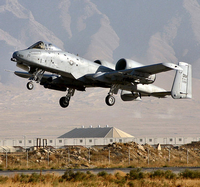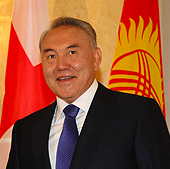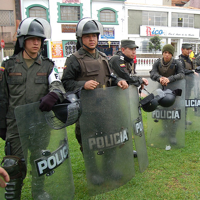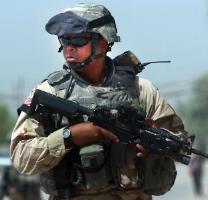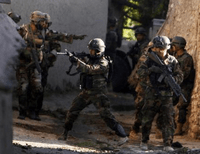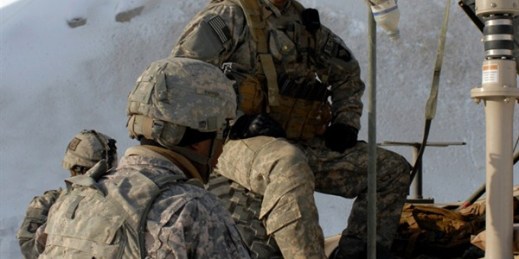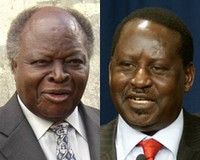
ELDORET, Kenya — In a milestone ruling issued Monday, the International Criminal Court (ICC) has decided to bring four prominent Kenyan political figures to trial for war crimes allegedly committed during the 2007-2008 post-election violence that engulfed the country, East Africa’s economic powerhouse and former paradigm of stability. Striking at the core of Kenyan political society, presidential frontrunners and Members of Parliament William Ruto and Uhuru Kenyatta will now face charges of masterminding the grassroots violence that claimed 1,200 lives, injured countless more and displaced hundreds of thousands. Civil service chief Francis Muthaura and radio broadcaster Joshua arap Sang will […]

